Shedding Light on Quantum Tech
At the DSTA Academy Technology Talk on 20 August 2020, Subject Matter Experts from the Centre for Quantum Technologies (CQT) shared the basics of quantum technology and discussed its applications.
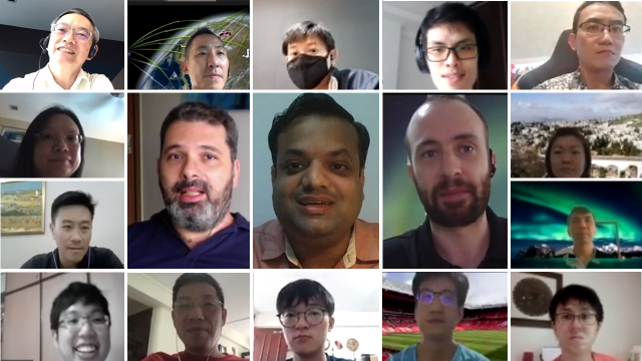
Speaking to over 270 staff from the Defence Technology Community and Temasek Society, Associate Professor Dimitris Angelakis, Principal Investigator at the CQT, shared that quantum technology is entering its golden era. He explained that governments, large corporations and start-ups are competing to deliver devices with exotic properties, or promising quantum computing solutions for industry problems.
While drawing the line between hype and reality, Professor Angelakis noted that quantum computers are still faster than classical ones, and will become even more so with more quantum bits (qubits). As getting more qubits is challenging, efforts are hence now focused on tapping the potential of devices that will soon be able to achieve a few hundred qubits, in order to derive solutions for various fields.
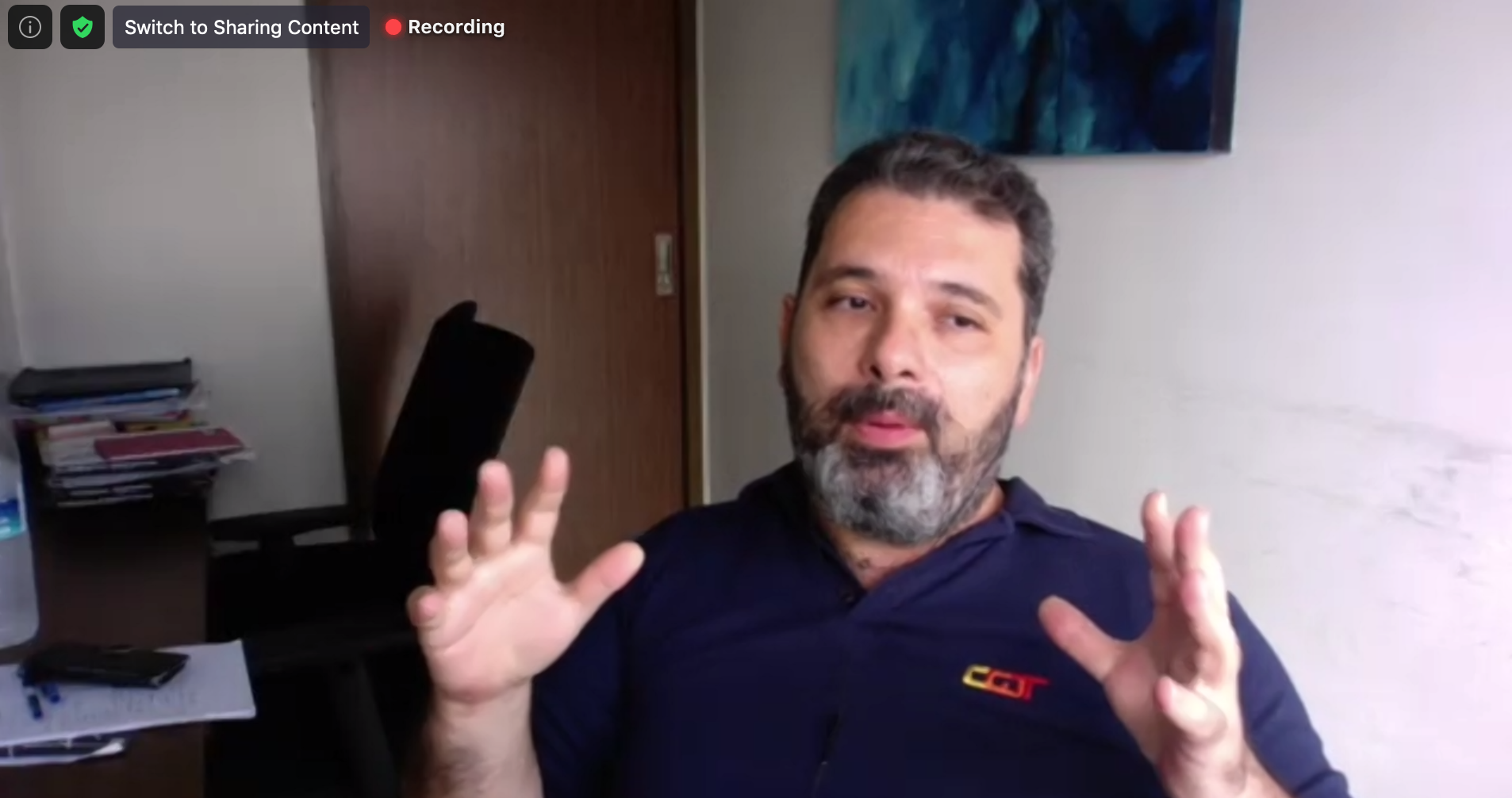
Dr Ravi Kumar, the co-founder and Chief Technology Officer of Atomionics, a company that builds atomic sensing technology, then shared about the cold atom-interferometry based quantum sensors. He explained that cold atom-interferometry is one of the most sophisticated tools for high precision measurements, and his team is building quantum sensors based on such atomic matter-wave interferometry.
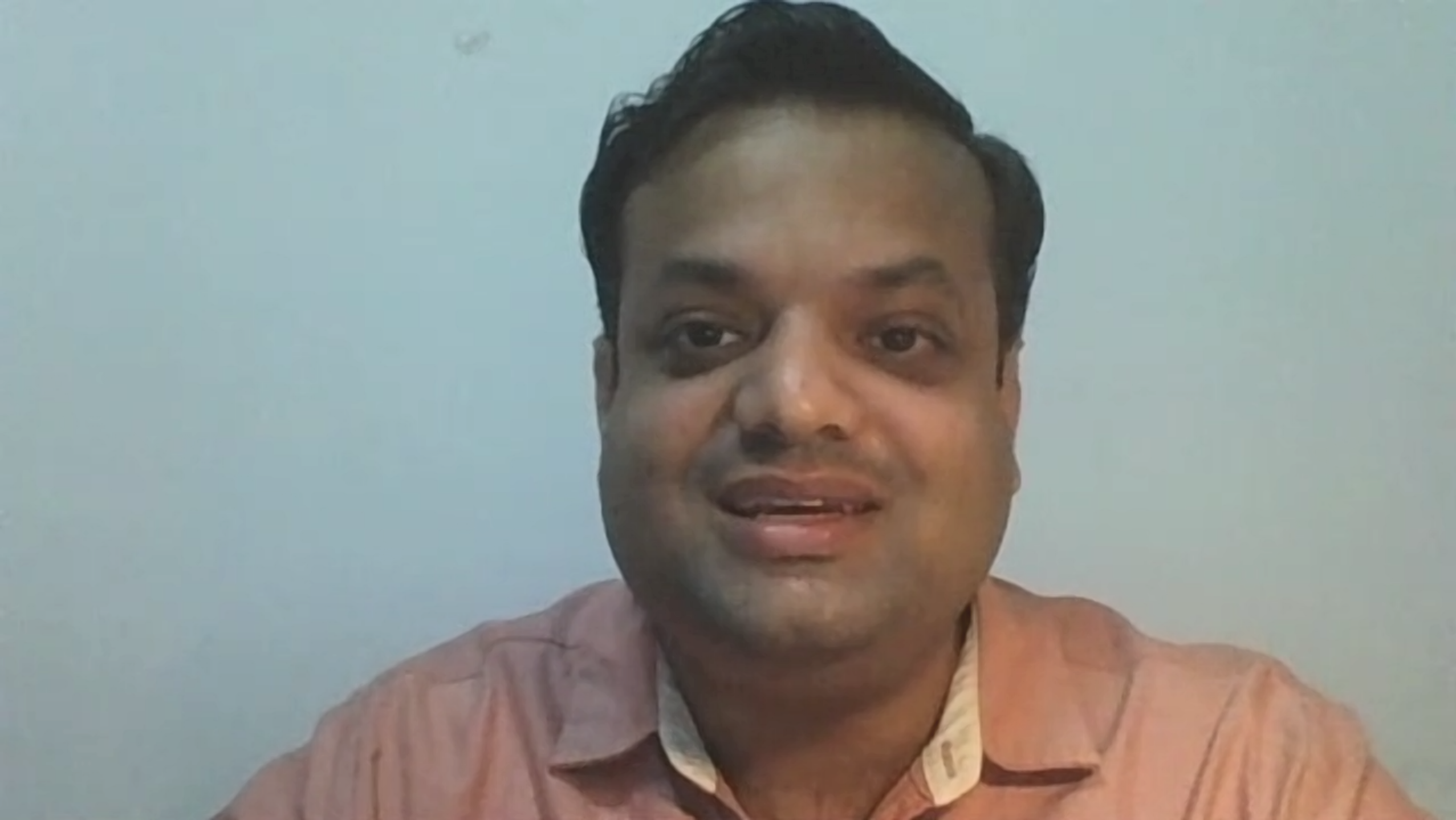
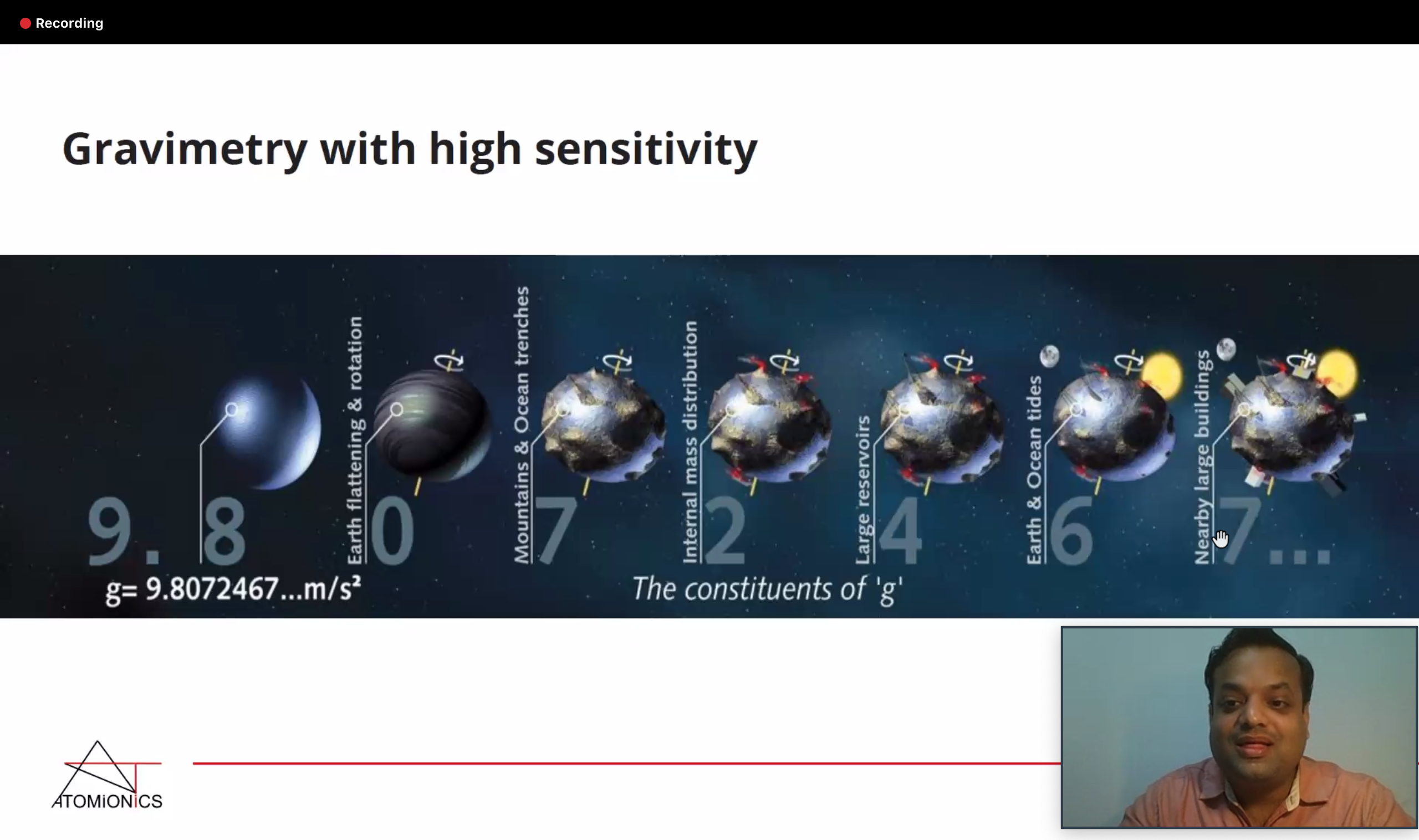
Dr Kumar also elaborated on the current and future applications of quantum sensors, which include gravimetry, tunnel detection, resource exploration, angular alignment and stabilisation, inertial navigation, gravity-aided navigation and positioning.
Quantum technologies also have applications in satellite communications. Dr Robert Bedington, the co-founder and Chief Technology Officer of SpeQtral, which designs and manufactures satellite-based quantum communication systems, shared how such systems can power secure communications.
Introducing the concept of Quantum Key Distribution, he showed how this could be used to establish symmetric encryption keys or secret bits between two users or nodes. Harnessing the unique properties of quantum physics, the keys generated are truly random and would create detectable errors if eavesdroppers attempt to measure them. This would hence ensure unprecedented security for communication networks.
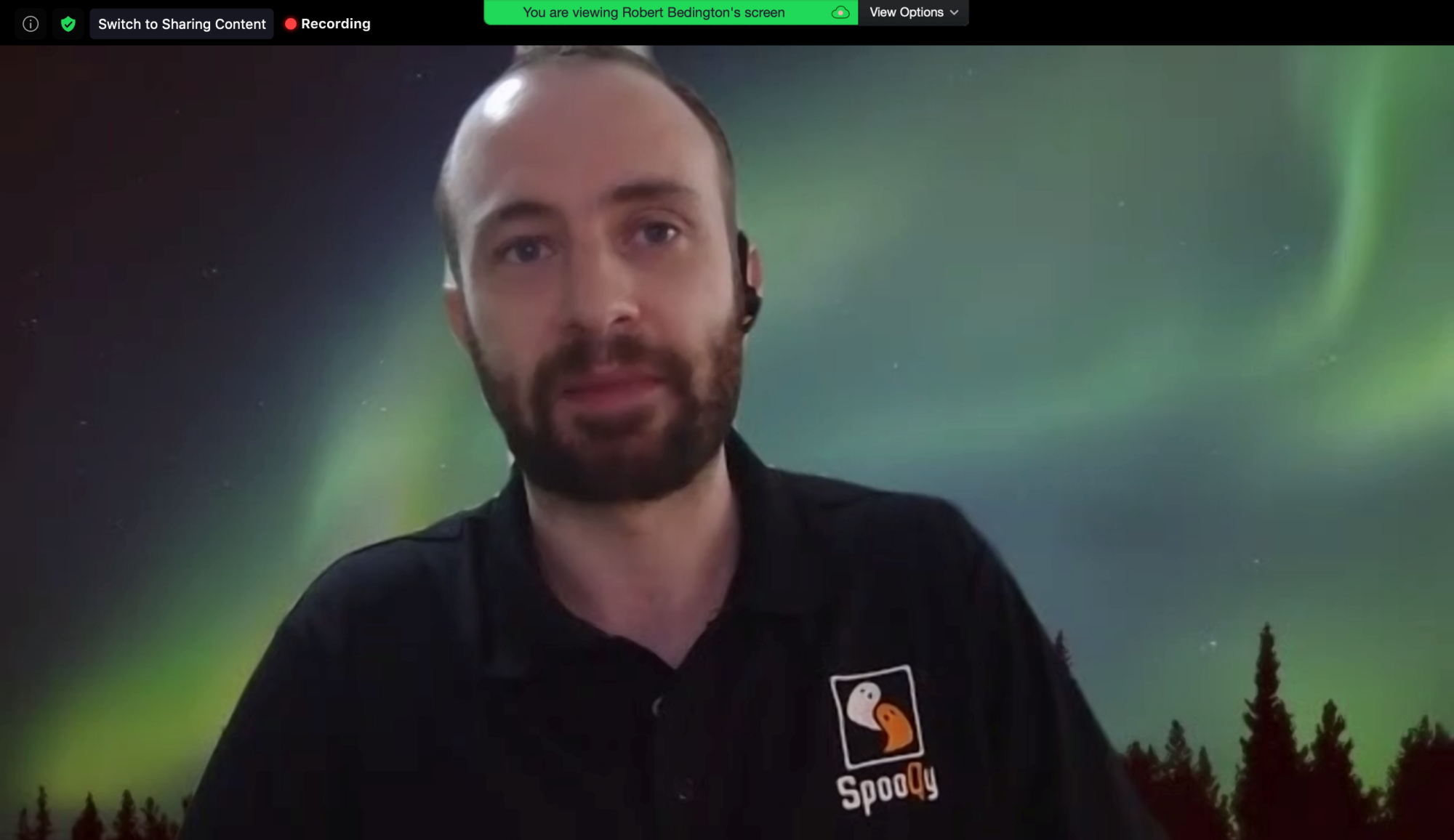
Engineer (Cybersecurity) Nicholas Quek said: “While quantum technologies are still very much in development, with many areas facing engineering challenges, the speakers painted an exciting prospect for the future.”
Analyst (DSTA Masterplanning and Systems Architecting) Yoke Kai Jie added: “The talk has given me a flavour of the range of quantum technologies and what CQT does. The enthusiasm from the three speakers makes me hopeful about the future development of quantum technologies.”
